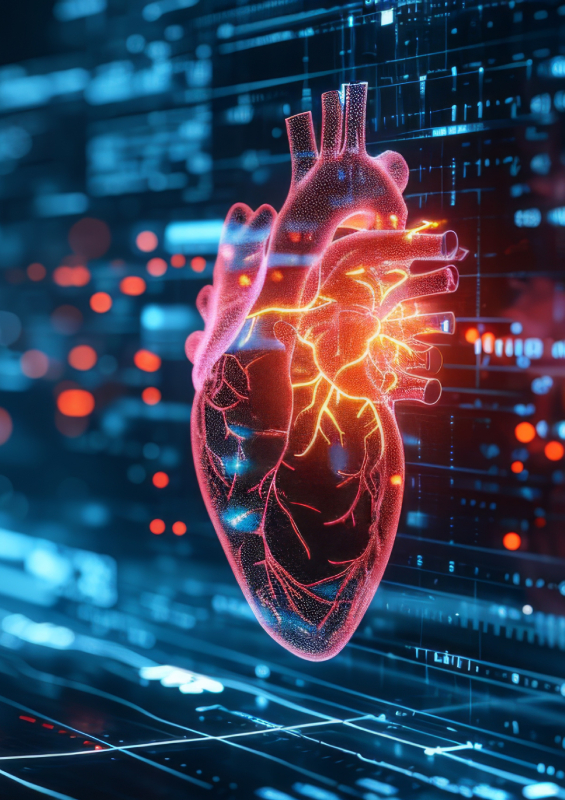
Elective major - Transport and intelligent vehicles
Cross-disciplinary training in transport and intelligent vehicles
Innovation is the core business of the transport sector. The urban transport industry has to adapt both to ever more advanced technology and to the demands of increasingly congested urban mobility.
The design of an intelligent vehicle requires knowledge of information systems, electrical systems, mechanics and automation. There is a growing need to manage and analyse the functionalities of transport projects.
- Campus : Paris-Vélizy
- Prerequisites: Instrumentation, Signal and Data stream
- Objective
- Skills
- Teaching units
- Target professions
- Sector
Objective
ESEO places a strong emphasis on software and data dimensioning, but also on new information technologies and embedded systems. The course aims to train engineers with cross-disciplinary skills in the field of transport and intelligent vehicles.
The Intelligent Transport and Vehicles programme focuses mainly on concerns relating to road and urban vehicles, whether or not linked to a communicating and intelligent infrastructure.
To train engineers capable of designing, developing, integrating and implementing intelligent systems for the transport sector, particularly in the fields of Data, Cybersecurity and decision support.
Main areas
- Digital vehicle architecture
- Vehicle infrastructure
- Artificial intelligence
- Real-time data analysis
- IoT
Skills
The Vehicle and Intelligent Transport engineering option calls on a wide range of skills.
-
From year 4 (E4), areas such as project management and the scientific skills acquired in the core curriculum (E3) are developed in greater depth.
At the same time, students are made aware of the professions involved in autonomous vehicles, with modules dedicated to on-board electronics, sensors and cybersecurity linked to on-board systems.
80 hours dedicated to group projects enable them to apply what they have learned.
In the first semester of the final year (E5), technical modules reinforce knowledge:
- ADAS (Advanced Driver Assistance Systems)
- Mechatronics
- Decision support optimisation
The final 168 hours of the course are devoted to the Final Year Project (PFE).
Teaching units
Semester 8
- Synthesis project: 8 ECTS – 16h
- Networks & Data: 4 ECTS – 30h
- Advanced databases, information systems security
- Engineering Sciences: 4 ECTS – 34h
- Basics of optimisation, Introduction to machine learning
- Embedded Systems: 2 ECTS – 87.7h
- Vehicle dynamics, cyberSecurity applied to embedded systems, dSpace – RTMaps – Simulation, UTAC TVI Project
- Intelligent Vehicle: 7 ECTS – 98h
- ECU and real-time electronics, On-board networks (CAN/FLEXRAY), Sensors (radar, linar, camera), Introduction to TVI systems, Human factor in human-machine interaction.
Semester 9
- Final year project: 10 ECTS – 168h
- Teaching units: 20 ECTS – 224h
- Cloud Computing: 17h
- Advanced optimisation and distributed computing: 24h
- English: 24h
- Cybersecurity applied to embedded systems: 10h
- ADAS: 28 h
- Dependability: 7h
- AUTOSAR training: 14h
- V2X and IOT: 24h
- Systems engineering – functional design: 10h
- RTMAPS – DSPACE: 24h
- Embedded system project dSPACE – RTMAPS – ADAS: 32h
- Design to cost, cost breakdown, costing: 10h
Semester 10
- End-of-studies work placement: 30 ECTS
- End-of-studies work placement
Target professions
Sector
The Intelligent Transport and Vehicles option is part of the Instrumentation, Signal and Data pathway.
ESEO basics
1500
students
7000
alumni
50
double degrees
1700
partner companies
26
partner universities worldwide
100%
hiring within 6 months



















